A Comparison of Lithium Batteries and Lithium Polymer Batteries
Let’s say you might be wanting to ship a product containing lithium batteries or ship batteries on their own and as a trained professional you notice in the dangerous goods lists the following description under UN3480 for example, “Lithium ion batteries including lithium ion polymer batteries,” You notice there are two names, lithium-ion batteries, and lithium-ion polymer batteries, but what is the difference between the two? Well, to begin with they are two of the most popular types of batteries on the market today. They are both used in a variety of products, from cell phones to laptops to electric cars. So, what’s the difference between these two types of batteries… and which one is right for your needs?
Lithium-ion batteries are made of metal oxide and carbon, and they contain a small amount of lithium. One of the benefits of lithium batteries is that they have a high energy density, which means that they can store a lot of energy in a small space. Another benefit is that they have a low self-discharge rate, which means that they lose their charge slowly over time. Lithium batteries also have a long shelf life; if properly stored, they can last for years without losing their charge. The downside to lithium batteries is that they are susceptible to “thermal runaway”, which is when the battery overheats and catches fire. This can be dangerous, so it’s important to take care when using and storing lithium batteries, if storing batteries, ensure you have the proper firefighting extinguishers, class D are very effective.
Lithium-ion polymer batteries are made of plastic or metal foils and contain a small amount of lithium. One of the benefits of lithium polymer batteries is that they are lightweight and flexible, making them easy to transport. Another benefit is that they have a high discharge rate, which means that they can provide a lot of power in a short period of time. The downside to lithium polymer batteries is that they are more expensive than lithium batteries, and they also have a shorter lifespan.
Both lithium batteries and lithium polymer batteries have their own unique advantages and disadvantages. When choosing a battery for your needs, it is important to consider what those needs are. If you need a battery that is lightweight and easy to transport, then a lithium polymer battery might be the right choice for you. If you need a battery with a long shelf life, then a lithium-ion battery might be the better option. Ultimately, the decision comes down to what your specific needs are.
Do you ship lithium batteries or products that contain lithium batteries?
ICC provides the products and training your team needs. Contact us today and we can help you choose the products and course you need!
Stay up to date and sign up for our newsletter!
We have all the products, services and training you need to ensure your staff is properly trained and informed.
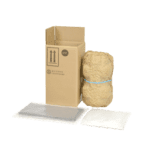 Lithium Battery Shipping Kits Lithium Battery Shipping Kits |


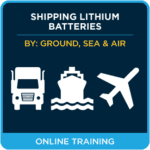
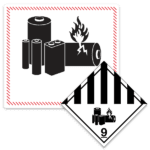
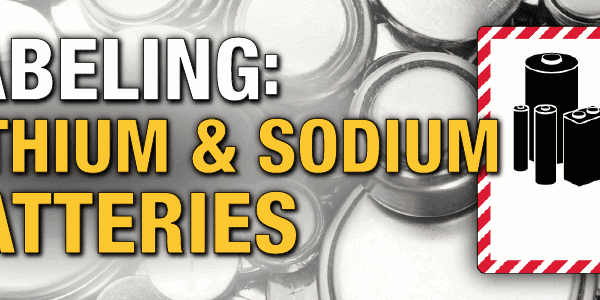

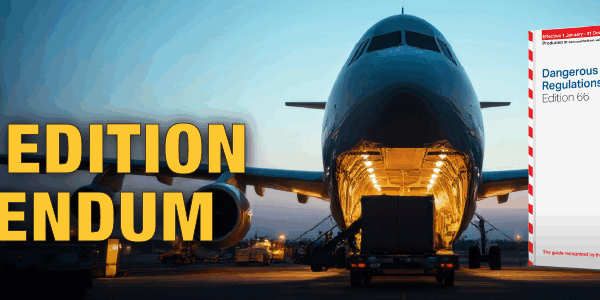


 ICC USA
ICC USA ICC Canada
ICC Canada